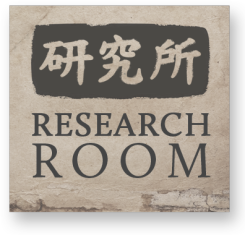Welfare Nationalism in Divided Societies
New research explores the concept of welfare nationalism in unified Germany and divided South Korea, underscoring the relationship between welfare attitudes and national identity.
Weak Parties Are No Problem for South Korean Partisans
New research demonstrates that partisan and ideological affiliations retain influence in voter preferences in South Korea, despite the country’s weak party system.
Debates and Sentiment toward the National Security Act in South Korea
South Korea’s National Security Act is contentious for its restrictions on political freedoms under the guise of national security. New research indicates that law remains due to legislative inertia and public recognition of security needs, with proposals for revisions far more popular than outright abolition.
Experimental Method Reveals True South Korean Unification Preferences
A new study published in National Strategy uses a choice-based conjoint approach to determine South Koreans’ unification preferences for various unification scenarios.
The Red Genetics of Yanbian: New Research on Party Policy and Chosunjok Identity
How pivotal was Deng Xiaoping’s legacy for ethnic Koreans in China? Adam Cathcart reads some recent scholarship and Chinese materials to find out.
 The Research Room serves as the metaphorical “back room” of Sino-NK, visualizing the collective academic output of the organization’s members. Here readers are kept up-to-date with projects in progress and provided recaps of completed efforts. The Research Room also seeks to examine and reveal external analysis giving Sino-NK’s view of new conceptions, approaches, and methodologies. This section used to be called Yongusil, meaning “research room” in Korean.
The Research Room serves as the metaphorical “back room” of Sino-NK, visualizing the collective academic output of the organization’s members. Here readers are kept up-to-date with projects in progress and provided recaps of completed efforts. The Research Room also seeks to examine and reveal external analysis giving Sino-NK’s view of new conceptions, approaches, and methodologies. This section used to be called Yongusil, meaning “research room” in Korean.









